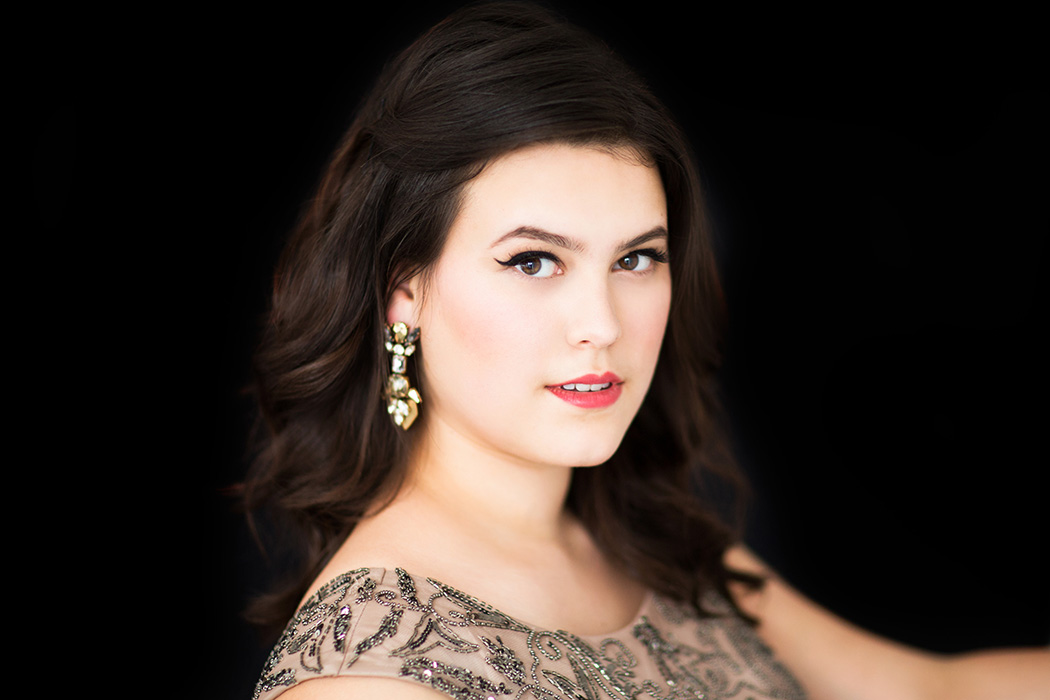As harsh as it sounds, the history of music is the history of fads and fascinations. Whether it was to serve the needs of religion, royalty, wealthy patrons, or a fickle public, composers for centuries have mostly followed trends out of necessity, rather than set them. Exceptions to this would certainly include musical innovators like Richard Wagner and Hector Berlioz. However, most composers, however brilliant but conscious of financial realities, would follow the pattern of Georg Frederic Handel—a German composer who became known for Italian opera, rode the fad of Italian opera in 18th Century London, but later embraced the English oratorio when the public lost interest. That said, music history’s successful composers seem to know just how to adapt their creative inspirations at just the right time to capitalize on the whims of society.
Those whims have certainly been at the heart of operatic subject matter. One such theatrical fad was the literary and theatrical interest by early 19th European audiences in the English 16th Century, particularly the royal intrigues surrounding and following the reign of England’s Henry VIII. Composer Gaetano Donizetti was one of many who took advantage of this fascination, scoring with Anna Bolena in 1830 and three operas surrounding the reign of Elizabeth I, Il castello di Kenilworth, Maria Stuarda, and Roberto Devereux.
Literary vehicles that touched on that same English time period, particularly those brimming with romance and violence, were also immensely popular on the continent. Donizetti and librettist, Salvadore Cammarano, found that Walter Scott’s novel The Bride of Lammermoor would be a perfect parallel to the current Elizabethan period fascination. The plot, which Scott claimed was based on a real life conflict, surrounded two feuding Scottish families, the Ashtons and the Ravenswoods. A young Lucy Ashton has fallen in love with her family’s enemy Edgar, but is forced by her warring family to marry someone else.
Donizetti and Cammarano made judicious adaptations to Scott’s novel, creating Lucia di Lammermoor that premiered in Naples in 1835. Although Donizetti would amass more than seventy operas in his career, Lucia became his masterpiece of bel canto opera seria. Its mad scene (“Ardon gli incensi”) has become something of the career vehicle for coloratura sopranos.
Last produced by Knoxville Opera in 2010, Donizetti’s Lucia di Lammermoor returns to the Tennessee Theatre next weekend for two performances. The cast features soprano Meryl Dominguez as Lucia and tenor Aaron Short as her lover Edgardo. Edgardo’s foe, Enrico Ashton, will be sung by Michael Adams. David Crawford will sing Raimondo, with Tori Franklin as Alisa and Wayd Odle as Normanno. The stage director is Brian Deedrick; the conductor is KO’s executive director Brian Salesky. The Knoxville Symphony Orchestra will be in the pit.
About the Cast: Meryl Dominguez (Lucia)

In what has to be a delicious example of serendipitous timing, soprano Meryl Dominguez was named a regional winner last Sunday, February 10, in the Metropolitan Opera National Council Auditions, an auspicious win that will take her to the MONC semi-final competition in New York City on March 24.
This will be a second Lucia for Dominguez, added to her growing list of notable performances including Violetta in La Traviata, the Queen of the Night in Mozart’s Die Zauberflöte, Zerbinetta in Strauss’ Ariadne auf Naxos, Donna Anna in Don Giovanni, and Adina in L’elisir d’amore.
Dominguez has appeared as an Apprentice Artist at the Santa Fe Opera for the last two summer seasons, first covering Oberto in David Alden’s production of Alcina in 2017. She returned in 2018, making her company debut singing Naiade in Ariadne auf Naxos.
Holding a double degree from Oberlin, she also has a degree in Dance, concentrating on the narrative and storytelling aspects of movement.
About the Cast: Aaron Short (Edgardo)

Tenor Aaron Short was introduced to Knoxville Opera audiences with quite a splash, singing the tenor arias in KO’s 40th Anniversary Gala Concert. In my review of that concert: “Short and Bearden brought a tear to many eyes with a poignant “Au fond du temple saint” from George Bizet’s Les Pêcheurs de Perles (The Pearl Fishers) …Although Mr. Short was making his debut with Knoxville Opera, there were many in the audience hoping for a return engagement sometime in the future. Not only was the tenor’s tone golden with the perfect edge, he has the capability to blend beautifully with other singers.”
Subsequently, Short did make a return as Calaf in KO’s 2018 educational outreach version of Turandot. Since that time, Short appeared with Lyric Unlimited, the branch of Lyric Opera of Chicago devoted to education, community engagement, as Dr. Osborn in Rhoda and the Fossil Hunt and with Chicago Opera Theatre’s production of Iolanta in the role of Alméric.
In 2016-17, Short participated in Portland Opera’s Young Artist Residency making his role debut as Lensky in Eugene Onegin. He was an Apprentice Artist with Santa Fe Opera during the 2014 and 2015 summer seasons.
Short is a native of Kansas City, Missouri, and an alumnus of Wichita State University and the Manhattan School of Music.






